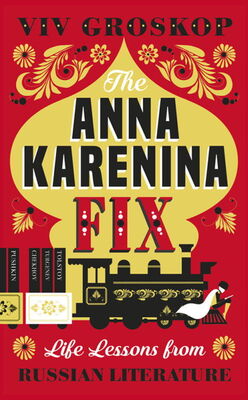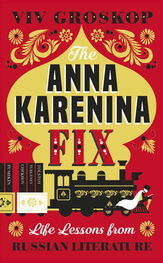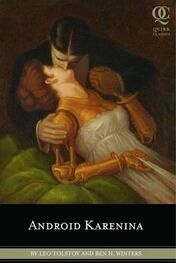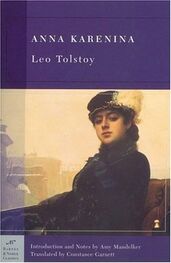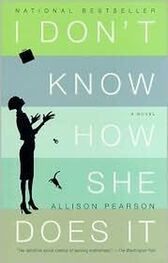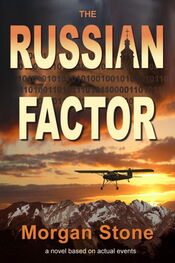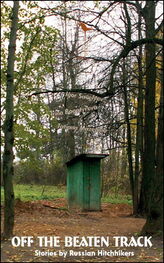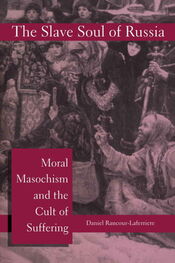7. How to Live with the Feeling that the Grass is Always Greener: Three Sisters by Anton Chekhov
I worked from a 2008 Digireads edition of Three Sisters , translated by Julius West. I love Rosamund Bartlett’s Chekhov: Scenes from a Life (Simon & Schuster, 2004) and have drawn on a number of details she mentions. Virginia Woolf’s essay ‘The Russian Point of View’ is in The Common Reader , Vol. 1 (Vintage, 2003) and is truly fascinating.
8. How to Keep Going When Things Go Wrong: One Day in the Life of Ivan Denisovich by Alexander Solzhenitsyn
I used the 2000 Penguin Classics edition, translated by Ralph Parker. A number of interviews and articles were helpful, including David Remnick’s New Yorker pieces (‘The Exile Returns’ from 1994 and ‘Deep in the Woods’ from 2001), Andrew Higgins’s 1994 interview with Natalia Reshetovskaya in the Independent and Vitali Vitaliev’s 2000 report from Vermont for the Daily Telegraph .
9. How to Have a Sense of Humour about Life: The Master and Margarita by Mikhail Bulgakov
Revered as the best rendition of The Master and Margarita , I used Collins Harvill’s 1988 edition of Michael Glenny’s translation. I’ve drawn lots of stories and quotes about Bulgakov’s life from J. A. E Curtis’s compelling collection Manuscripts Don’t Burn: Mikhail Bulgakov – A Life in Letters and Diaries (Bloomsbury, 1991). This is such an excellent compilation of short diary entries and extracts from the letters. It really makes Bulgakov come alive and is one of my favourite books. See also: Bulgakov’s Last Decade: The Writer as Hero by J. A. E. Curtis (Cambridge University Press, 2005); and Between Two Worlds: A Critical Introduction to The Master and Margarita by Andrew Barratt (Clarendon Press, 1987).
10. How to Avoid Hypocrisy: Dead Souls by Nikolai Gogol
I worked from the Penguin Classics 2004 edition of Dead Souls , translated by Robert A. Maguire. I also used David Magarshack’s biography Gogol: A Life (Faber and Faber, 1957); The Enigma of Gogol: An Examination of the Writings of N. V. Gogol and Their Place in the Russian Literary Tradition by Richard Peace (Cambridge University Press, 2010); Designing Dead Souls: An Anatomy of Disorder in Gogol by Susanne Fusso (Stanford University Press, 1993); and The Creation of Nikolai Gogol by Donald Fanger (Harvard University Press, 1990). The Sexual Labyrinth of Nikolai Gogol by Simon Karlinsky (University of Chicago Press, 1992) is truly superb.
11. How to Know What Matters in Life: War and Peace by Lev Tolstoy
I used the 2007 Penguin Classics edition of War and Peace , translated by Anthony Briggs, with an afterword by Orlando Figes. This is the paperback with Mademoiselle Caroline Rivière by Ingres (1805) on the cover.
A Note on Women Writers
I am very torn about the fact that only one woman is featured in this collection. But I wanted this book to be about the lessons taught to us by the Russian classics. And, for good or ill, it is an indisputable fact that most of the books widely acknowledged as ‘Russian classics’ were written by men.
That said, there were a number of writers I could have considered including. A personal favourite is Irina Ratushinskaya. Her memoir Grey is the Colour of Hope is unbelievably entertaining for a book about the author’s experiences in a brutal Soviet labour camp in the early 1980s. See also her novels Fictions and Lies and The Odessans , and her memoir In the Beginning: The Formative Years of the Dissident Poet . Sceptre reissued all her work in a beautiful paperback series in 2016.
Lydia Chukovskaya is often cited (as she is here) for her friendship with Anna Akhmatova. Her own writing is great, and I particularly love The Deserted House (also known as ‘Sofia Petrovna’), a novel about a typist caught up in the horror of the 1930s purges.
I would happily re-read Nadezhda Mandelstam endlessly: her work is funny, wise, tragic and full of emotion. I also recommend investigating (in no particular order) Teffi, Marina Tsvetaeva, Yevgenia Ginzburg, Lyudmila Ulitskaya, Tatyana Tolstaya and Ludmila Petrushevskaya.
There are many, many more women to discover, not least the non-fiction writers Svetlana Alexievich and Anna Politkovskaya. For contemporary writing by Soviet-born authors living in the US, I am a huge fan of Olga Grushin, Sana Krasikov and Masha Gessen (who all write in English). For more on these and other reading recommendations, see www.vivgroskop.com.
I have wanted to write this book for a very long time. In the end, I had to wait for the right people to come along at the right time, which, by coincidence, meant that the book could appear just in time for the hundredth anniversary of the Russian Revolution in late 2017. It could never have happened without the experience and insight of my agent, Cathryn Summerhayes, and my brilliant editor at Fig Tree, Juliet Annan. I feel honoured to have a jacket cover by legendary designer Jon Gray (gray318). The team at Penguin has been hugely supportive, and I’m especially grateful to Annie Hollands, Anna Steadman, Ellie Smith and Sarah Day. Any errors in this book have occurred very much in spite of these good people and are all mine.
Although I have been writing this book in theory in my head for about twenty years, actually writing it in reality meant that I needed to absent myself from normal life for various periods of time. I wouldn’t have been able to do that without the generosity of Julia Hobsbawm; Susan and Judith Pollock; and Caroline Ambrose of the Bath Novel Award. Thank you so much for giving me somewhere to escape to when I most needed it. Sorry if I ate and drank everything. (And thank you to Marjorie for the Welsh cakes. I hope I left enough money.)
The inspiration for this project came in part from Pavel Basinsky’s work on Tolstoy and Elif Batuman’s memoir The Possessed . Thank you to both. The enthusiasm of the below-the-line audience at the Guardian ’s blog on BBC1’s War and Peace (featuring Pierre’s bonkers prison beard) also played a huge role. Thanks to Kate Abbott at Guardian TV for having the foresight to commission those reviews. I love working with you, Kate. The ideas in the Pushkin chapter grew out of a lecture I gave for the Insights programme for Eugene Onegin at the Royal Opera House, and the inspiration behind the Turgenev chapter was a short story I wrote for Literary Death Match for Adrian Todd Zuniga and Suzanne Azzopardi. I am very grateful for those opportunities.
Thank you to everyone at the library of the School of Slavonic and Eastern European Studies at University College London, where I took my Master’s in Russian Studies. I researched many of the chapters in this library. Their selection of Russian books is second to none. I am very proud of my orange cardboard library card, which took several long months to procure but eventually materialized.
A big fat spasibo to everyone at London’s Pushkin House and the Pushkin House Russian Book Prize, especially Andrew Jack, Clem Cecil and all my fellow trustees, who are always there to remind the world (and me) of Russia’s cultural side, especially at the moments when it seems as if politics will engulf us all.
Spasibochki (yes, this is a word – ‘sweet, little thank you’) to everyone I knew in Russia in the early 1990s, especially Jo and Ruth, friends for life even when pot kettle black is calling. I have thought of you so much while writing this. I have changed the names of some Russian friends I knew from that time to respect people’s privacy, but everything recounted in this book is true. Especially big love to Zhenya, Lyubik, Inga and Tanya, who taught me so much during those years.
Читать дальше